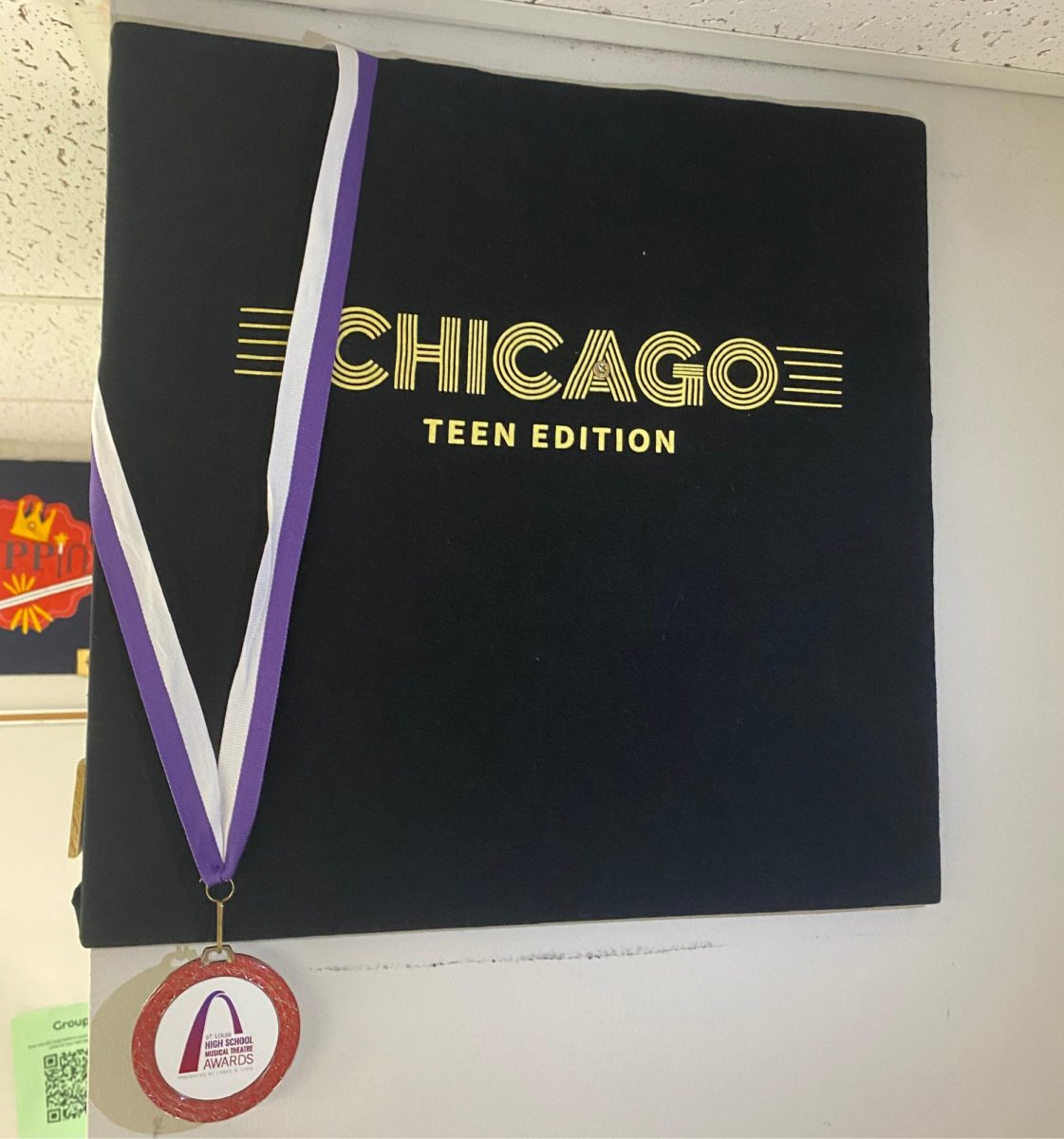The Arctic Monkeys are Growing Up. Does it Matter?
A change in a favorite band’s style makes me wonder if I’m the problem with the music scene these days.
Arctic Monkeys lead singer Alex Turner performs at a 2018 concert in Atlanta.
September 9, 2022
The Arctic Monkeys will always conjure a very particular image in my mind. Drawing on my memories of first hearing the roaring energy of 2006 debut album Whatever People Say I Am, That’s What I’m Not or of indulging in the refined angst of 2013 fan-favorite AM, I can’t help but picture a band that is eternally moody, eternally cynical, eternally rambunctious.
My image of the Arctic Monkeys is eternally shaped by teenagerhood.
Both by my own, more than 15 years after their debut, and by those of the now-20-somethings who used to enjoy their music and the framework they left behind. As a product of the 2000s, the band was one of the first to have their entire career documented on, and partially owed to, social media.
Because, yes, I think of the Arctic Monkeys and picture all my time spent playing “I Bet You Look Good on the Dancefloor” to wake myself up on the drive home from school. But I also imagine a bygone era of the 2014 internet, of then-teenagers working the wavy line of the AM album cover into Tumblr moodboards ad nauseum while “Do I Wanna Know?” climbed toward 1 billion listens.
The band’s most recent single, though, signifies just how far they’ve come since that time. “There’d Better Be a Mirrorball,” the first single to be officially released from their seventh studio album The Car, has just as much melancholy as would be expected in an Arctic Monkeys track. But with its slow, pulsing piano beat and its contemplative violin accompaniment, the song feels whisper-quiet when compared to the band’s guitar-heavy history.
The Aug. 30 release, along with concert footage of an unreleased song from the album called “I Ain’t Quite Where I Think I Am,” have a distinctly vintage feel. Amid excited crowd noise, footage from the Switzerland concert revealed a groovy bass throughline and the same softer voice that’s defining the new era of Arctic Monkeys. And on last Tuesday’s release, paired with the classic-pop style ballad, the band shared a music video that harkened back to home videos on film.
It sounds like a whole new band. But it’s their second album of this kind.
Tranquility Base Hotel & Casino showed this stripped-down version of the Arctic Monkeys — with all of the same ethereal vintage detail that The Car is promising — in 2018. And like the most recent release, that album seems self aware of its departure from tradition. The first track, an echoing meander called “Star Treatment,” has lead singer Alex Turner sarcastically suggesting, “Maybe I was a little too wild in the 70s.”
The band’s recent direction is by no means unfathomable: the 2018 album saw the members of the Arctic Monkeys in their mid 30s, far enough from the teen angst they rose to fame on. And the tracklist is solid, with playful uses of retro techniques that The Car is sure to follow. It’s hard to imagine why the album seems to lag in listens while older works surge onward so many years later.
And then I remember myself. At 17, I guess it’s unsurprising that the brash sounds of the band’s teenage work finds its way onto my playlists more often than the resigned reflectiveness of their later years. It makes me wonder if the Arctic Monkeys are doomed to evolve in silence, with an ever-cycling base of 17-year-olds to dig up the works of their past.
Whatever fans are calling for, the band doesn’t seem to plan on indulging them when The Car comes out in October, with drummer Matt Helders promising that their work is “never gonna be like [2013 release] ‘R U Mine?’ again” in a May interview.
But in the age of an internet incapable of forgetting, the Arctic Monkeys never have to make another AM again. The original will always be there, waiting for another angsty listener.
And in that context, “There’d Better be a Mirrorball,” though a breakup song that feels at home in a discography full of heartbreak, sounds more like a gentle goodbye and a hope that things will work out in the end.
“So do you wanna walk me to the car? I’m sure to have a heavy heart,” one can imagine Turner’s crooning voice wishing the band’s history farewell as they move to softer sounds, “So can we please be absolutely sure that there’s a mirrorball for me?”












